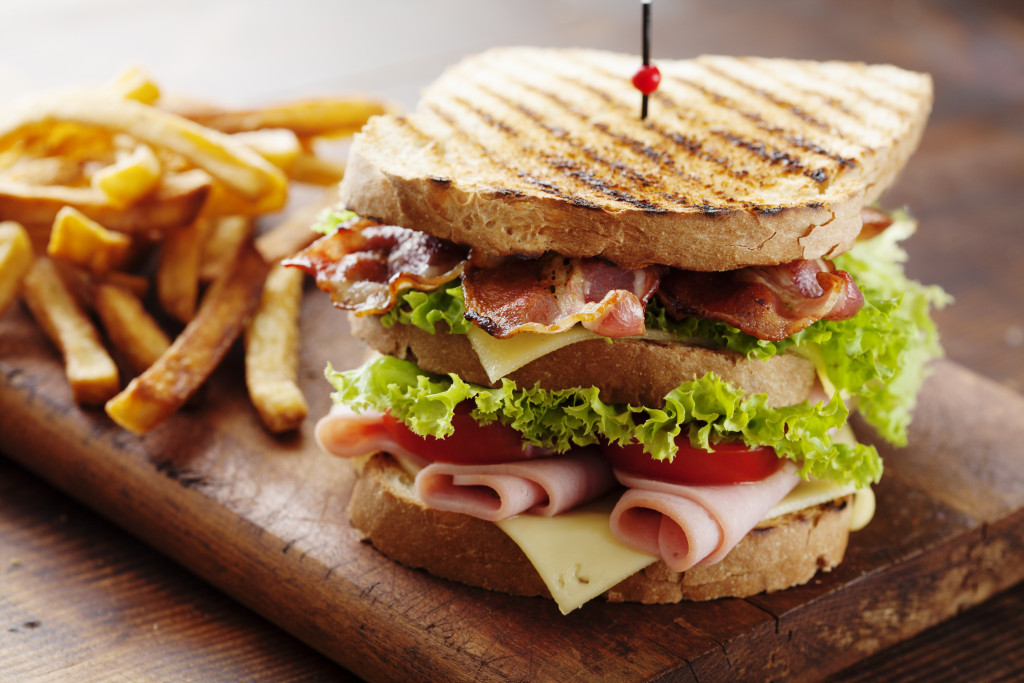Setting up a business during a global crisis is difficult enough. Launching a food business during the COVID-19 pandemic is a risky venture, but some small businesses have managed to survive. Food businesses are particularly risky because of the food handling and management that need to be organized. Business owners have to ensure the safety of everyone involved in business operations. Clients need to be satisfied with the customer service and the quality of products. These are all difficult to manage during a pandemic.
While there are challenges to food businesses, those obstacles have not prevented ghost kitchens from popping up in the market. Food entrepreneurs have been exploring various business models for their food enterprise to maximize their time and effort. Ghost kitchens provide a safer alternative to the usual restaurant setup. Those interested in venturing into this enterprise may explore stainless steel food cart providers to help them acquire the equipment they need to operate efficiently.
Learn how to market your food business, no matter how small it may be. Food businesses should find a way to stand out from the saturation of food businesses in the market. Explore the power of social media and digital marketing in promoting your goods to your target consumers.
Pandemic Ghost Kitchens
Since the onset of the global health crisis, physical food establishments such as restaurants and cafes have been closed due to quarantine restrictions. Dine-in transactions are limited to alfresco dining, if any. This has taken a toll on many restaurants that have greatly relied on their dine-in transactions before the pandemic. Given that food establishments have been closed or have been limited in operations, restaurant owners needed to find a way to adjust their business model according to the current situation.
With the new business model, restaurants have had only two options: takeout and delivery transactions. The COVID-19 pandemic has increased the demand for food deliveries. With the quarantine restrictions, people have had an increased need for getting supplies and resources such as food straight at their doorstep. Ghost kitchens have then been introduced to the market.
These so-called ghost kitchens are simply kitchens without a storefront or seating areas. Ghost kitchens are strictly for food deliveries only. This minimizes the direct contact between staff and customers, which allows for less possibility of infection from the COVID-19 virus.
The pandemic has allowed restaurant owners to explore this new business model by utilizing third-party delivery apps to cater to their customers’ needs. Ghost kitchens have served many clients since the start of the pandemic. It has also allowed food businesses to stay afloat despite the difficult circumstances.
Food Safety amid a Pandemic
When it comes to establishing and maintaining food businesses, it’s crucial to ensure the safety of both the staff and the customers. During a pandemic, ensuring food safety has become even more important. Restaurant owners and those running a ghost kitchen should strictly implement safety and sanitation protocols among their staff and employees. This will help minimize the chances of passing on the virus to customers and even between staff members.
Some best practices in ensuring food safety include cleaning and disinfecting every common surface in the kitchen. Social distancing is also still an important factor when in-person interaction is inevitable. These business owners should prioritize providing safe and high-quality goods and services during this time.
Marketing Your Small Food Business

To succeed in maintaining a food business amid a pandemic, you need to learn how to market your goods and services. No matter how in-demand food services are these days, consumers won’t know about your food business if you don’t invest in your marketing strategies. There are a lot of different digital marketing strategies nowadays that can benefit your food business. You only need to familiarize yourself with the tools that you have in the palm of your hand.
Post about your food business online via social media sites to let your friends and family know that you have a new project. Provide quality customer service when it comes to inquiries about your food business. This will help people decide whether they should leave good feedback or if they could refer your business to their contacts.
Learning how to promote your business will benefit your venture. It will help you get more clients and expand your business further.
Many food businesses have been established during the quarantine period despite the circumstances. Food business owners should invest in marketing their goods and services. They should also focus on providing excellent customer service, which could lead to referrals.

